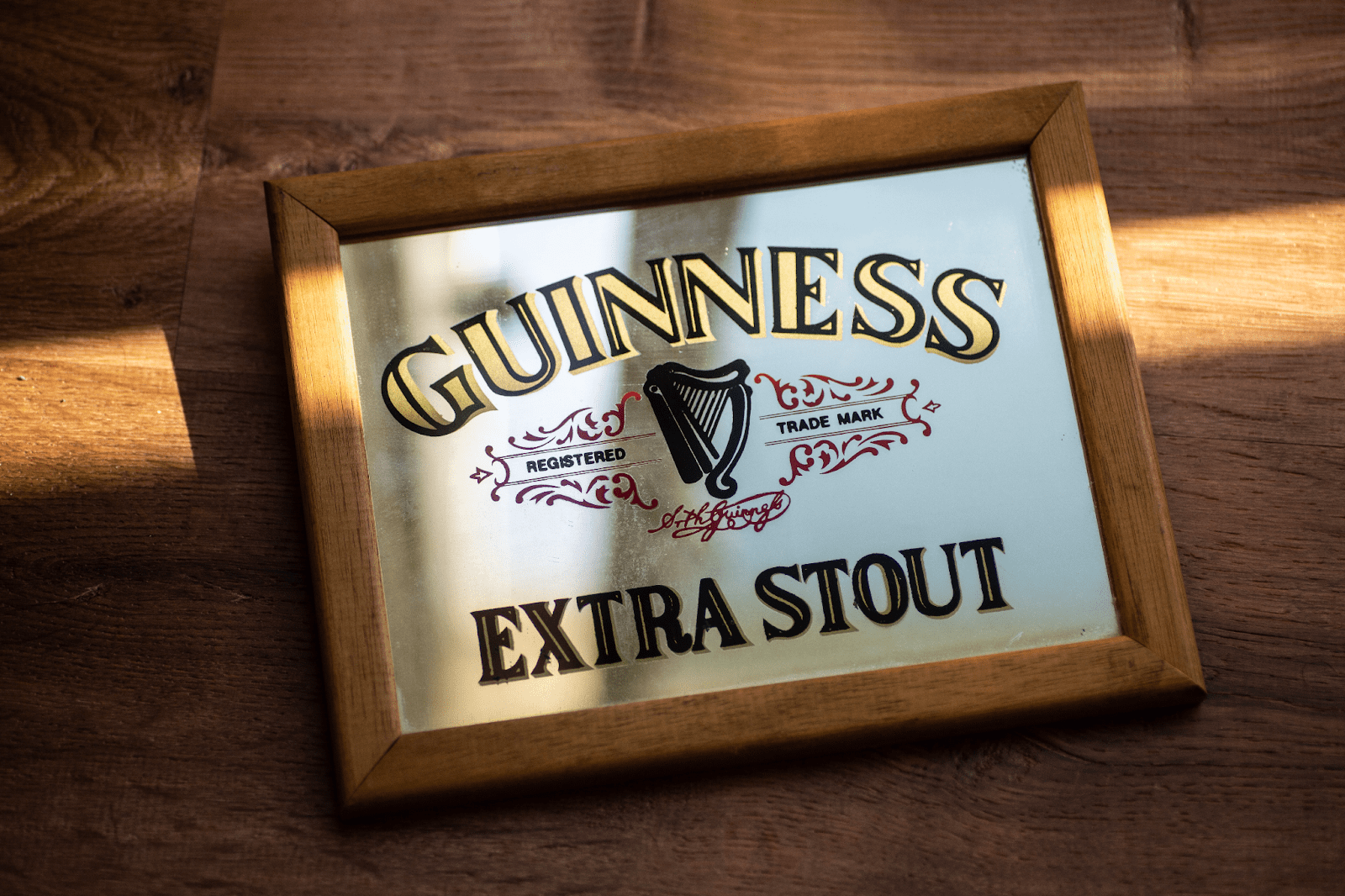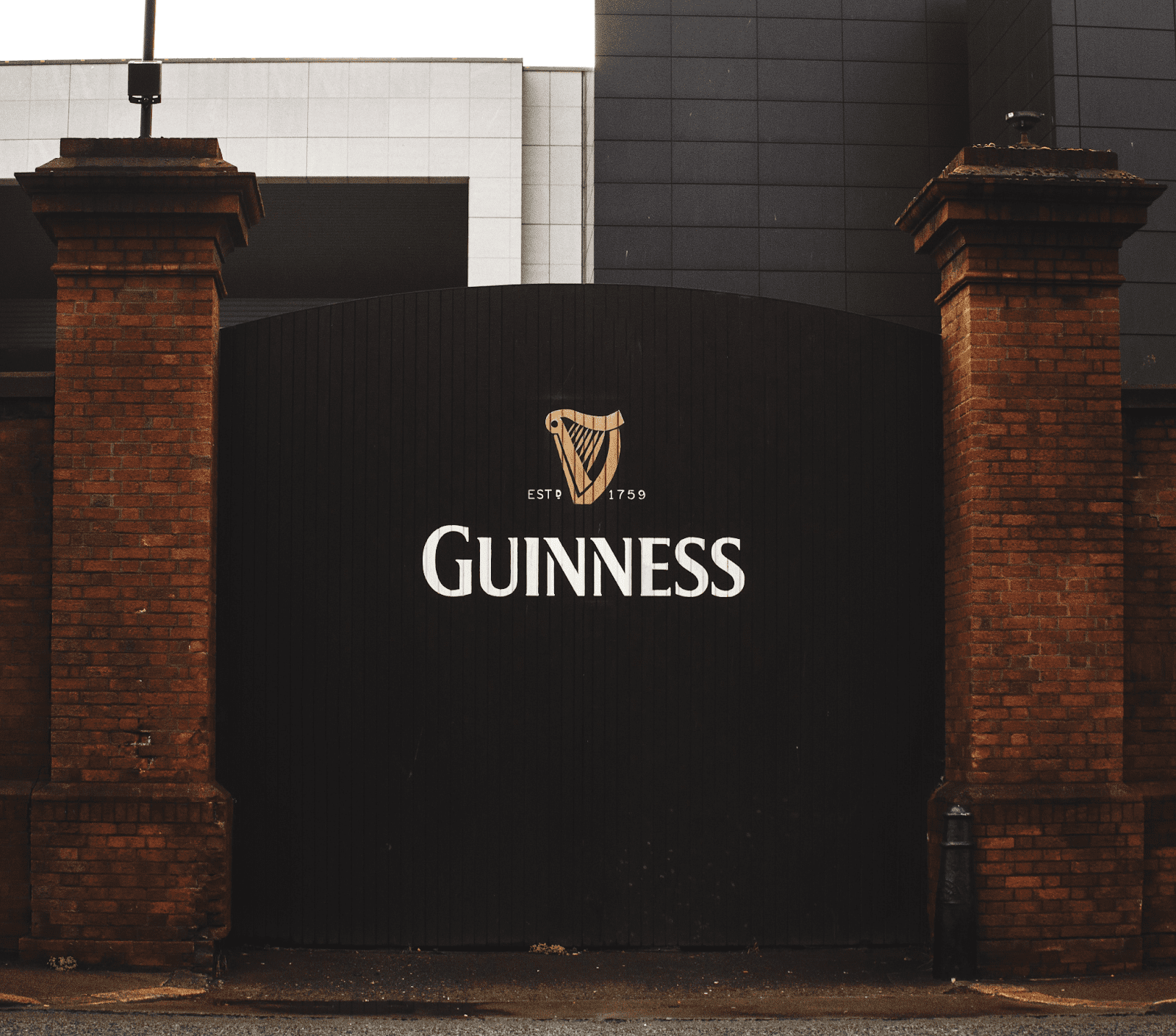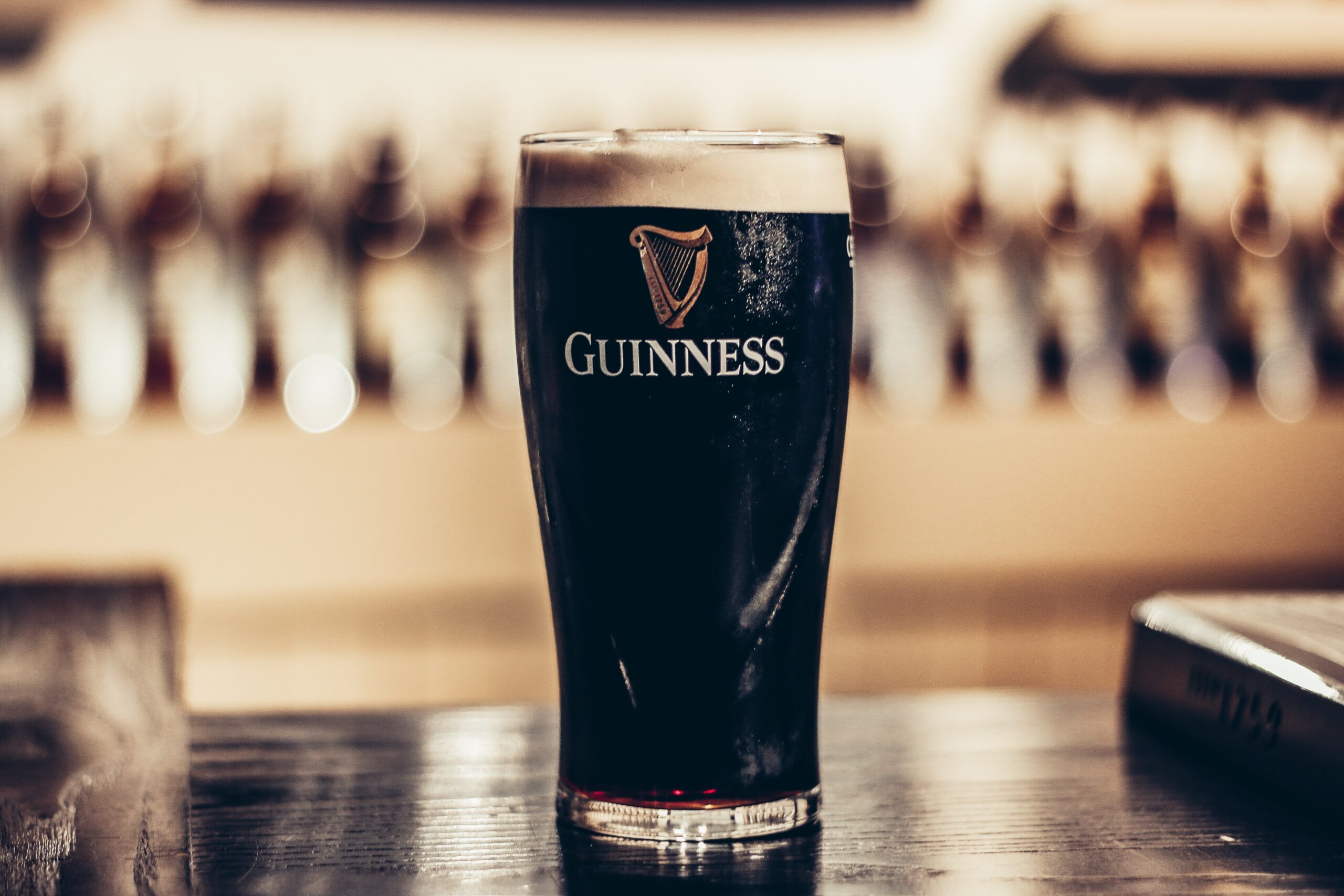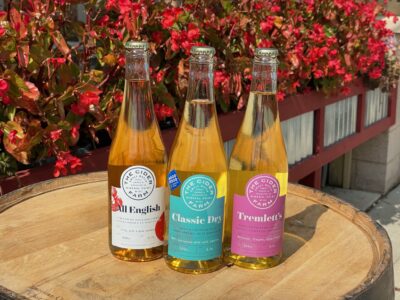They say Guinness is better in Dublin. Thankfully though, you no longer have to fly across the Atlantic to purchase a pint at a Guinness Brewery – Maryland Governor Larry Hogan welcomed the first U.S. location back in 2018 in Halethorpe, MD.
Lovers of the popular ruby red Irish stout – both in the U.S. and abroad – have celebrated the Dublin-based brewery’s commitment to making quality beer for almost two centuries. Yet, the Irish brewery is taking its commitment to a new level. This year, Guinness announced a three-year regenerative farming initiative to reduce carbon emissions in its Irish barley production.
The Irish stout-maker uses approximately 130,000 tons of barley to produce its famous dark beer yearly. Barley represents a tremendous opportunity for the brand to implement its regenerative farming initiative. Guinness has targeted several areas to improve its agricultural system, including enhancing biodiversity, reducing the use of synthetic fertilizers, improving water quality and soil health, and increasing the rate of carbon sequestration. The brand is also seeking to ensure that the practices enhance the productivity and profitability of the farms involved.
Still, in its fledgling stages, the initiative has brought the project to at least 40 farms for the late winter and early spring barley sowing months. Guinness has assembled a collection of local agronomists and highly respected technical partners to shape the project. In addition, Guinness has partnered with suppliers like Boormalt, Glanbia, and Comex McKinnon to understand and implement the best regenerative practices to support the health, longevity, and productivity of the farms involved.

Many of the farmers involved are already reaping the benefits from the project. Walter Furlong Jr., one of the farmers involved in the pilot project, says, “It’s not a complicated process — it works in harmony with nature whilst providing a commercial benefit for farmers. We already use regenerative agricultural practices and have seen a marked improvement in the quality of the soil on our farm.”
Guinness estimates that the pilot program will wrap up in April 2023; however, the company hopes that many more farmers will join the existing roster for the project’s second phase. John Kennedy, president of Guinness’s parent company, Diageo, says that they will “openly share the results from the pilot program so that other farms can learn and adopt practices that have demonstrated the highest potential impact from an environmental and farm profitability standpoint.”
The sustainability project’s scope reaches beyond just the Irish brewery. Guinness’s three-year project is part of a larger 10-year sustainability action plan from their parent company Diageo called Society 2030: Spirit of Progress. The initiative’s goal is to bring the carbon emissions from its direct operations to net-zero and cut its scope 3 emissions in half by 2030. The massive beverage group is extending these ambitious goals to the more than 200 brands it represents, including brands like Smirnoff, Captain Morgan, Cîroc, Johnnie Walker, Don Julio, and Baileys.
This Guinness project is vital as the kick-starter for the Diageo initiative. “This pilot is the first such program being implemented by Diageo, and the outcomes will help inform other potential opportunities, not just in Ireland, but in other countries where we source raw materials,” Kennedy says.

Guinness has built a reputation based on quality. With their 9,000-year lease at St. James’ Gate Brewery, they have committed to continue the tradition for generations. “We are only 263 years into our 9,000-year lease, and we will never settle in pursuit of a more sustainable future,” Kennedy says





